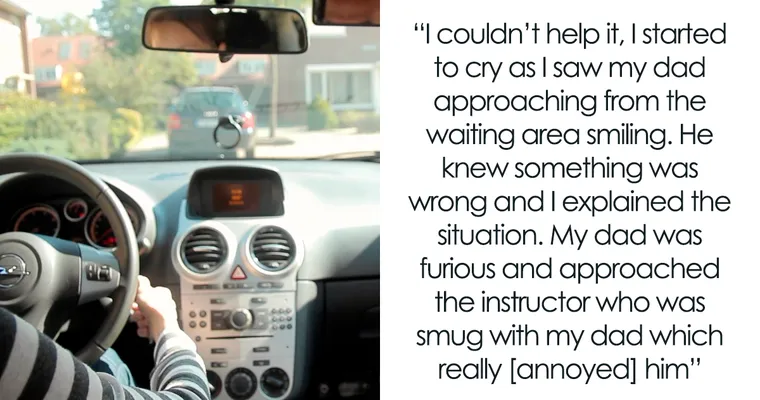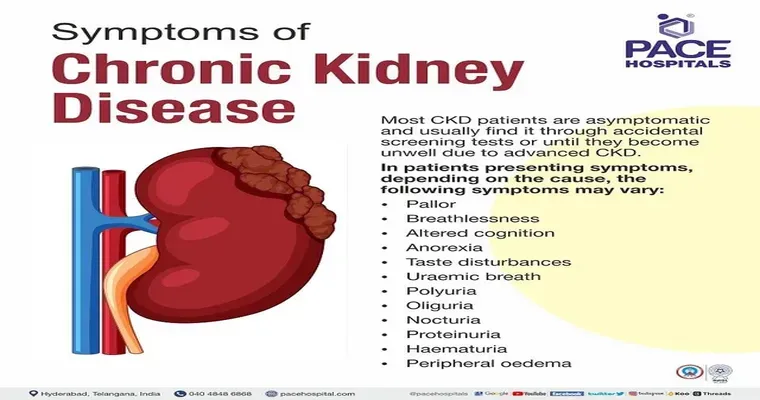Navigating the delicate situation of a "father wanting to start driving again" can be challenging, especially if you have concerns about his safety and well-being. As our loved ones age, their ability to drive safely can diminish, leading to anxiety for family members who fear for their safety and that of others on the road. If you find yourself in a position where your father is eager to return to the driver's seat, but you believe he should not, there are several factors to consider.
First and foremost, it is essential to assess your father's overall "health". Conditions such as declining vision, cognitive impairment, or physical limitations can significantly impact his ability to drive. If he has recently undergone any medical procedures or has been diagnosed with conditions that may affect his reaction times or judgment, it may be time to have a serious conversation about driving. Encourage him to have a medical evaluation that includes a driving assessment to ensure he meets the necessary requirements for safe driving.
Another critical aspect to consider is your father's "mental state". Aging can bring about emotional changes, including depression or anxiety, which can impair decision-making abilities. If you notice changes in his mood or behavior, it might be worthwhile to seek professional help. A mental health professional can provide insight into whether these changes could affect his driving capabilities.
Communication is vital when addressing the issue of driving. It is crucial to approach the conversation with empathy and understanding. Express your concerns in a loving manner, emphasizing that your primary focus is his safety. Share specific observations that lead you to believe he may not be ready to drive again. This approach can help him feel less defensive and more open to discussion.
Encourage alternative transportation options as a way to maintain his independence without compromising safety. Options such as public transport, ride-sharing services, or assistance from family members can provide him with the freedom he desires while reducing the risks associated with driving. Highlight the benefits of these alternatives, such as avoiding the stress of navigating traffic and parking.
If your father remains adamant about driving, you may need to set some boundaries. Consider a trial period where he can drive under specific conditions, such as during daylight hours and in less congested areas. This can provide an opportunity to evaluate his driving skills in a controlled environment. If he struggles during this period, it may serve as a wake-up call for both of you.
Lastly, research local laws regarding driving assessments for seniors. Many states have programs designed to help evaluate older drivers’ capabilities. Utilizing these resources can provide an objective perspective and may help convince your father of the need to reconsider his driving plans.
In conclusion, when your father expresses a desire to start driving again, it is essential to weigh his ability to do so against safety concerns. By focusing on health assessments, communication, and alternative transportation options, you can help navigate this sensitive issue. Ultimately, your love and concern for his well-being will guide you in making the best decision for both of you.





